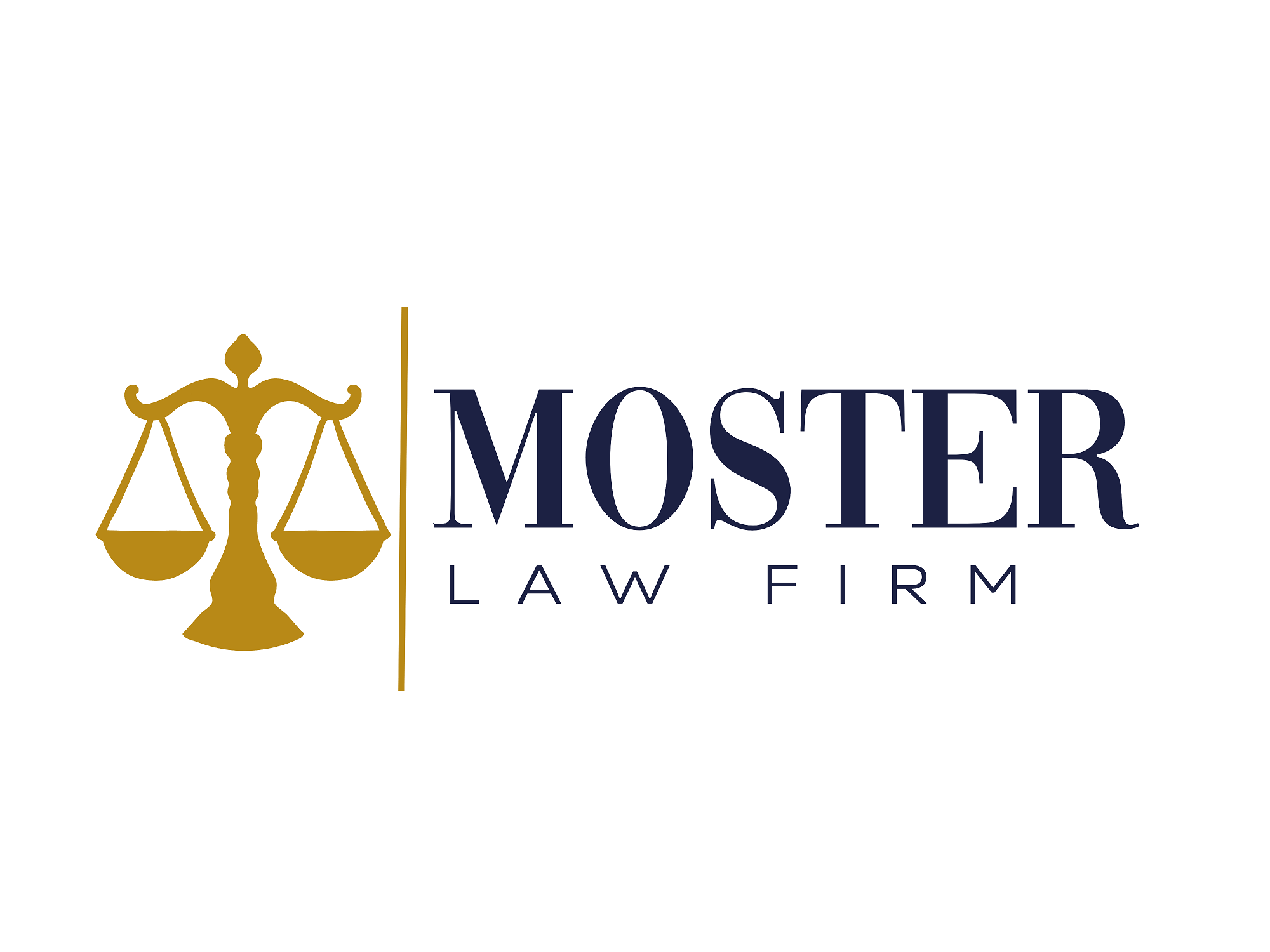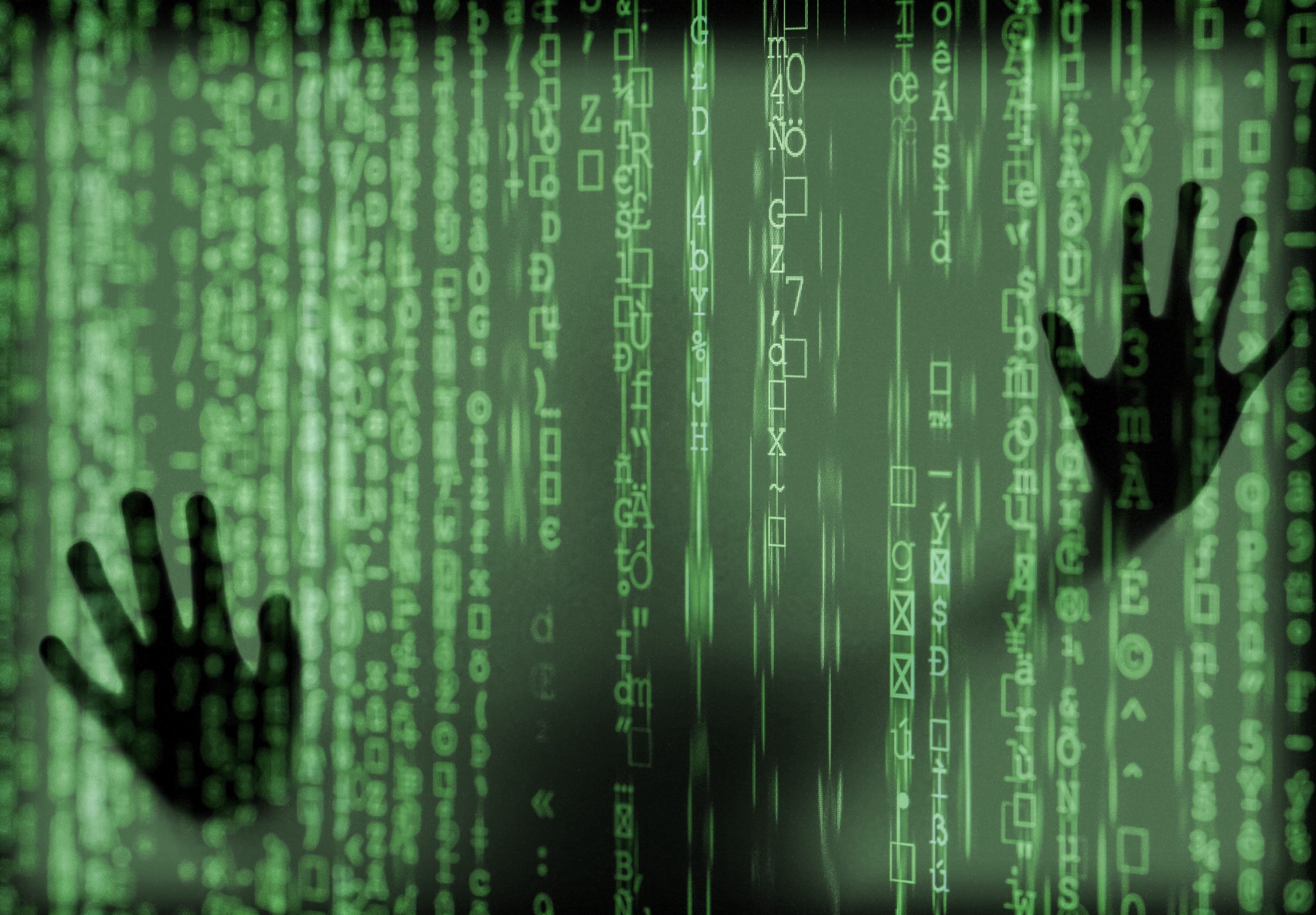Like any profession, it is quite easy for a Texas attorney to hold out an actual shingle or digital equivalent and proudly pronounced that he, she, or it qualifies as a Texas AI Attorney.
Well, not so fast. Although to my knowledge the Texas State Bar does not offer credentials in the area of AI Law, there is little in the way of regulation as to what could be deemed misleading communications or even advertising. A lawyer can certainly NOT state that he/she specializes in the area of AI. That said, the gates are quite open.
In the absence of official certification, I would set forth the following list of qualifications to guide potential clients in seek a Texas AI Attorney:
1. Background in intellectual property law specifically related to the protection of software and source code.
This is critical and requires the ability to discern whether the software or source code should be protected via a simple copyright or patent. The emphasis is understanding the nuances of the differences and, of course, having the ability to file patents!
2. A proven record of patent services in the area of EE and software.
Having a patent attorney is critical, however, there is a world of difference between a mechanical engineer and a software/EE background. It is critical that your patent attorney has the ability to handle software and EE IP. If not, you are going down the wrong AI rabbit hole!
3. Understanding of Artificial Intelligence and the role of Machine Language.
AI is not just programming; it is a separate discipline which deals with a new form of cognitive intelligence which will transform industry and the world. It is critical that your law firm understands how powerful this concept is and how all the pieces fit together.


